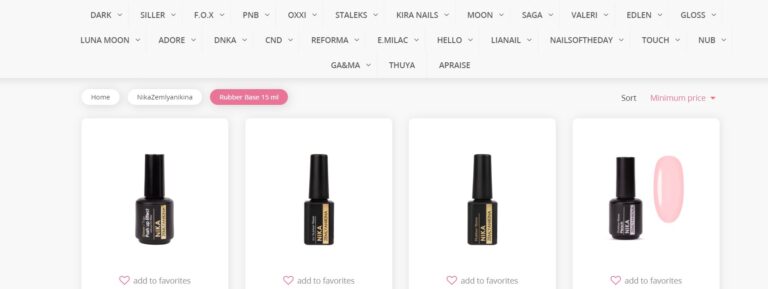Cold sores, also known as fever blisters, are a common viral infection caused by the herpes simplex virus (HSV). These painful, fluid-filled blisters often appear on or around the lips and can be both physically uncomfortable and cosmetically distressing. If you’re wondering how to get rid of cold sores, you’re not alone. In this article, we’ll explore various strategies and treatments to help you effectively manage and eliminate cold sores.
Understanding Cold Sores
Before diving into the remedies, it’s essential to understand what cold sores are and how they develop. Cold sores are primarily caused by HSV-1, which is highly contagious. The virus is typically transmitted through direct contact with an infected person’s saliva, such as kissing or sharing utensils, but it can also be spread through indirect contact with contaminated surfaces.
Once the virus enters the body, it remains dormant in nerve cells until it’s triggered by factors like stress, illness, sun exposure, or hormonal changes. When activated, the virus causes cold sores to appear, starting with tingling, itching, and burning sensations, followed by the formation of painful blisters.
Now, let’s explore effective strategies to get rid of cold sores:
-
Over-the-Counter (OTC) Medications
There are various OTC creams and ointments available that contain antiviral agents like docosanol or acyclovir. These can help reduce the duration and severity of cold sores when applied as soon as symptoms appear.
-
Prescription Medications
In cases of frequent or severe cold sores, a healthcare provider may prescribe antiviral medications, such as valacyclovir, famciclovir, or acyclovir. These medications are more potent than OTC options and can significantly shorten the healing time.
-
Topical Anesthetics
Topical anesthetics like lidocaine can be applied to alleviate the pain and discomfort associated with cold sores. These products are available OTC and can provide temporary relief.
-
Cold Compresses
Applying a cold compress to the affected area can help reduce inflammation and provide some relief from the pain and itching associated with cold sores.
-
Lysine Supplements
Lysine is an amino acid that may help prevent cold sores and reduce their frequency when taken as a supplement. It’s thought to counteract another amino acid, arginine, which can trigger cold sore outbreaks.
-
Manage Stress
Stress is a common trigger for cold sores. Engaging in stress-reduction techniques like deep breathing, meditation, or yoga can help prevent outbreaks.
-
Avoid Sun Exposure
Excessive sun exposure can trigger cold sores. Using lip balms with SPF and wearing a wide-brimmed hat can help protect your lips from the sun.
-
Keep the Area Clean and Dry
Maintaining good hygiene is crucial during a cold sore outbreak. Gently cleanse the area with warm water and mild soap, then pat it dry to prevent the virus from spreading.
-
Avoid Trigger Foods
Certain foods, such as chocolate, nuts, and foods high in arginine, may exacerbate cold sores. Identifying and avoiding trigger foods can be beneficial.
-
Practice Safe Hygiene
Since cold sores are highly contagious, avoid close physical contact with others when you have an outbreak. Don’t share items like towels, lip balm, or utensils.
-
Use a Cotton Swab
When applying any topical treatments to cold sores, use a disposable cotton swab instead of your fingers to prevent the virus from spreading to other areas of your body.
-
Boost Your Immune System
A strong immune system is essential for preventing and managing cold sores. A balanced diet, regular exercise, and adequate sleep can all contribute to a robust immune system.
-
Early Intervention
The key to getting rid of cold sores is early intervention. As soon as you notice the first signs of an outbreak, start using antiviral creams or medications, as this can prevent the sore from fully developing or minimize its duration.
Conclusion
Cold sores can be painful and socially uncomfortable, but with the right strategies and treatments, you can effectively manage and get rid of them. Whether you opt for OTC creams, prescription medications, or natural remedies, the key is to act promptly when you feel the initial tingling and burning sensations. By keeping the area clean, avoiding triggers, and maintaining a healthy lifestyle, you can minimize the frequency and severity of cold sore outbreaks. If your cold sores persist or become increasingly severe, consult a healthcare professional for guidance and additional treatment options. Remember, prevention and early intervention are your best allies in the battle against cold sores.







